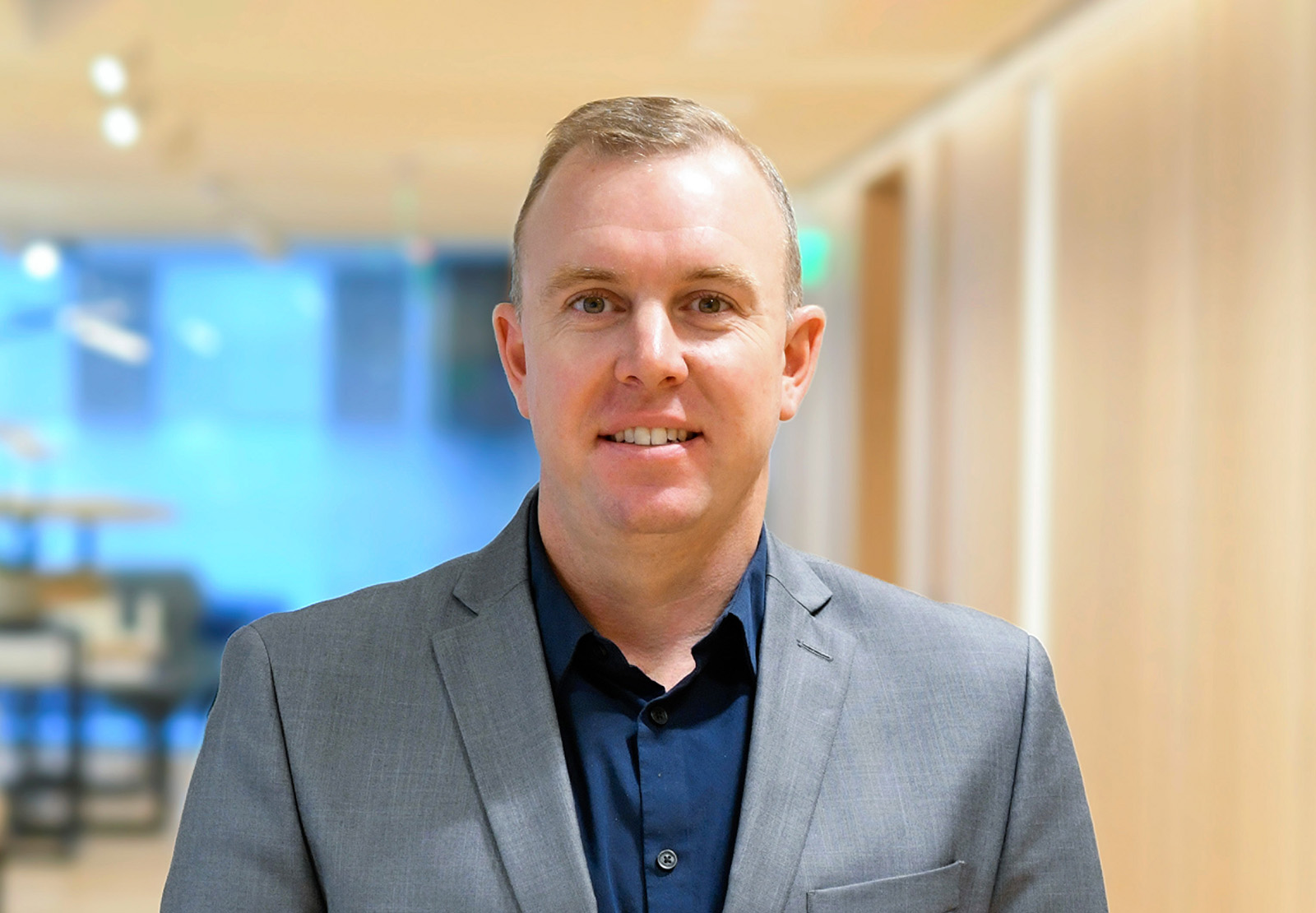Professional Profile: Paul Szafir
Paul Szafir
Lab Design spoke to Paul Szafir AIA, LEED AP, NCARB, associate director of process architecture and cGMP design at Perkins&Will in Boston. Paul spoke about his career journey, the best professional advice he has received, and a skill he thinks all lab design experts should have.
Q: How did you get started in your career? Did you major in your field in college, get an internship, switch careers mid-stream, etc.?
A: While in grade school, we watched a LaserDisc about architecture and from that point on, I knew I wanted to pursue it as a career. I was drawn to the idea of my work, resulting in a tangible product that can help better society and our communities.
Q: Tell us about a great book, movie, song, or TV show you’ve enjoyed recently.
A: While not a book that I’ve read recently, one I highly recommend is The Devil in the White City by Erik Larson. The book is a historical non-fiction set during the 1893 World’s Expo. The story chronicles the challenges faced by Daniel Burnham, the lead architect of the World’s Fair, interwoven with the true story of a serial killer active during the event. It is a great book that I believe anyone would enjoy, not just those in the architectural profession.
Q: What is the biggest work-related challenge you’ve faced? How did you overcome it?
A: My early career was focused on large-scale projects, where a team of architects would be dedicated to a single project. Since transitioning to cGMP design, the scale of projects has often been smaller, and I’m frequently working on several projects at any given time. With this change, time management has become an increasingly important skill to ensure success on all my projects.
Q: What is the best piece of professional advice you have received?
A: The best advice I’ve received is never to stop learning and to stay technologically proficient. Architecture is an evolving field, and the means, methods, and technologies that were utilized five to ten years ago may not be relevant today. Therefore, it is imperative to maintain a pulse on the latest trends to ensure a project’s top success.
Q: What is one important skill you think that all lab design experts should have?
A: While there are numerous important skills for a lab designer - communication is key. Strong communication skills enable you to effectively convey concepts to a wide audience, from scientists to project stakeholders to construction teams.

